History repeats itself.
But in a society where only 27 percent of adults have even a basic knowledge of US history, we seem doomed to repeat our past mistakes, without even realizing.
The root of this issue lies partly in the place where most first learn about the history of our country. A place where knowledge is spread and critical thinking is fostered. A place now controlled by politicians, manipulating what is told.
Our schools.
Around the nation, about one-third of teachers live in states where they are forcibly silenced about political and social issues, essentially imposing a gag order. And for those who are lucky enough to not be mandatorily censored, another third self-censors in fear of losing their jobs.
How can we expect teachers to provide a quality education when they’re second-guessing everything they say?
Let’s be clear. These laws are not supported by all parties. They are highly politicized tools used by political parties to promote their agendas. Most notably, these legislations tend to push against teaching about race and gender, a stance taken by most in the Republican party.
In Texas, two bills have been passed restricting the teaching of certain topics, namely Senate Bill 3 and Senate Bill 16. Specifically, Senate Bill 3 advises a teacher to not address “controversial topics,” and if they do, they should with “contending perspectives” without “giving deference to any one perspective.” Senate Bill 16, on the other hand, compels teachers to not present any “social” or “political” idea as inherently superior.
On paper, these bills look fair. In practice, their vagueness allows for malicious enforcement.
In an attempt to oblige with the bills, teachers avoid almost all issues discussed in today’s government. But for history teachers, many of these topics are historically relevant, with topics such as racism and feminism spanning the entirety of history.
When teachers do talk about these issues, they have to remain as objective as possible. But for some topics, objectivity just isn’t an option. Do we expect teachers to teach an “opposing side” to racism? What about the treatment of Native Americans? Feminism?
When teachers attempt to offer an “other side” to the horrors of the Holocaust in an effort to follow Texas law, we know that these laws have gone from facilitating a healthy learning environment to destroying it.
But this supposed “objectiveness” doesn’t just harm teachers. It has a devastating effect on students.
“I always struggle with history exams,” junior Daniel Wu said. “It’s so hard to remember the information.”
Wu isn’t the only one. Students all over the country struggle to retain their US history knowledge, with only 13 percent of students being deemed “proficient” at it.
And, honestly, we can’t blame the students. Presented with a topic where most of the information is memorization, students are bound to lose interest, a key factor in information retention.
But it’s not that history isn’t interesting. The problem is that it isn’t being taught in an interesting manner. When teachers are forced to ignore the nuanced perspectives that make history alive, students can’t see the connections between the actions of the past and the policies of the present.
With many of these students becoming eligible to vote, we face an issue that the founding fathers greatly feared: an uneducated public.
How can we evaluate gun control without understanding the Second Amendment’s history?
How can we assess immigration without knowing about previous attempts like the Chinese Exclusion Act?
How can we gauge foreign policy without knowing about disastrous attempts like the Vietnam War?
In a world filled to the brim with misinformation, these ill-informed voters are likely to be swayed by eloquent language from politicians rather than concrete policy decisions. This in turn leads to our constituents becoming polarized.
And so it goes full circle. The highly partisan laws that cause the censorship of teachers in turn lead to our society becoming more partisan.
But not all hope is lost. Throughout the country numerous organizations are springing up, attempting to break free of this harmful cycle.
Take, for example, Students for Change, a nonprofit organization dedicated to fostering civic engagement in students by opening club branches around the country as well as sponsoring activities such as voter registration.
Even Collegeboard is trying to help. Its AP US History class requires students to “put historical events in context” as well as “make connections between them.” This fostering of critical thinking can allow students to better understand our country’s history and how it affects the events of the present day.
But, frankly, these education efforts are not enough. Unless we start pushing for all students to become well-versed in history, the cycle of historical illiteracy and polarization will continue.
Break the cycle by empowering our teachers, not silencing them.


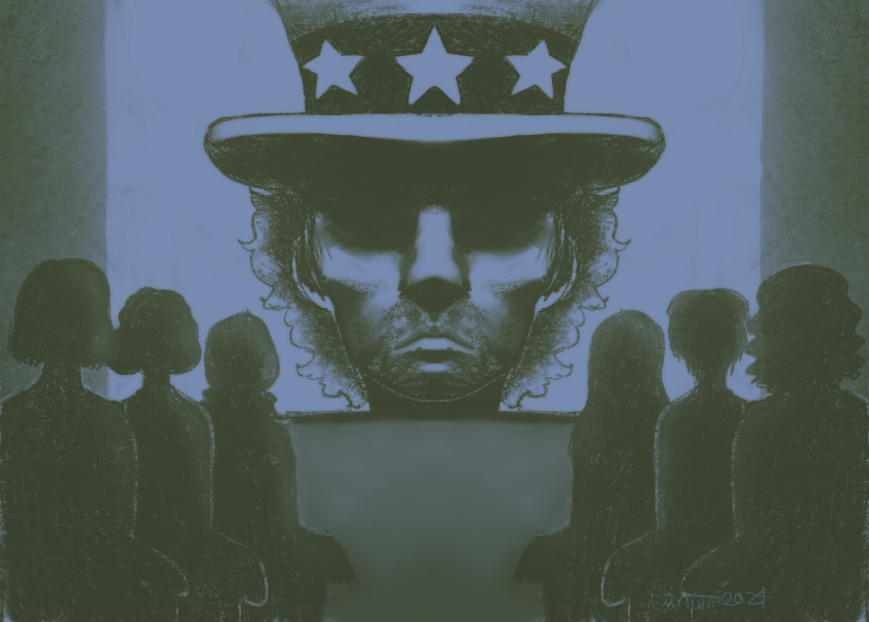
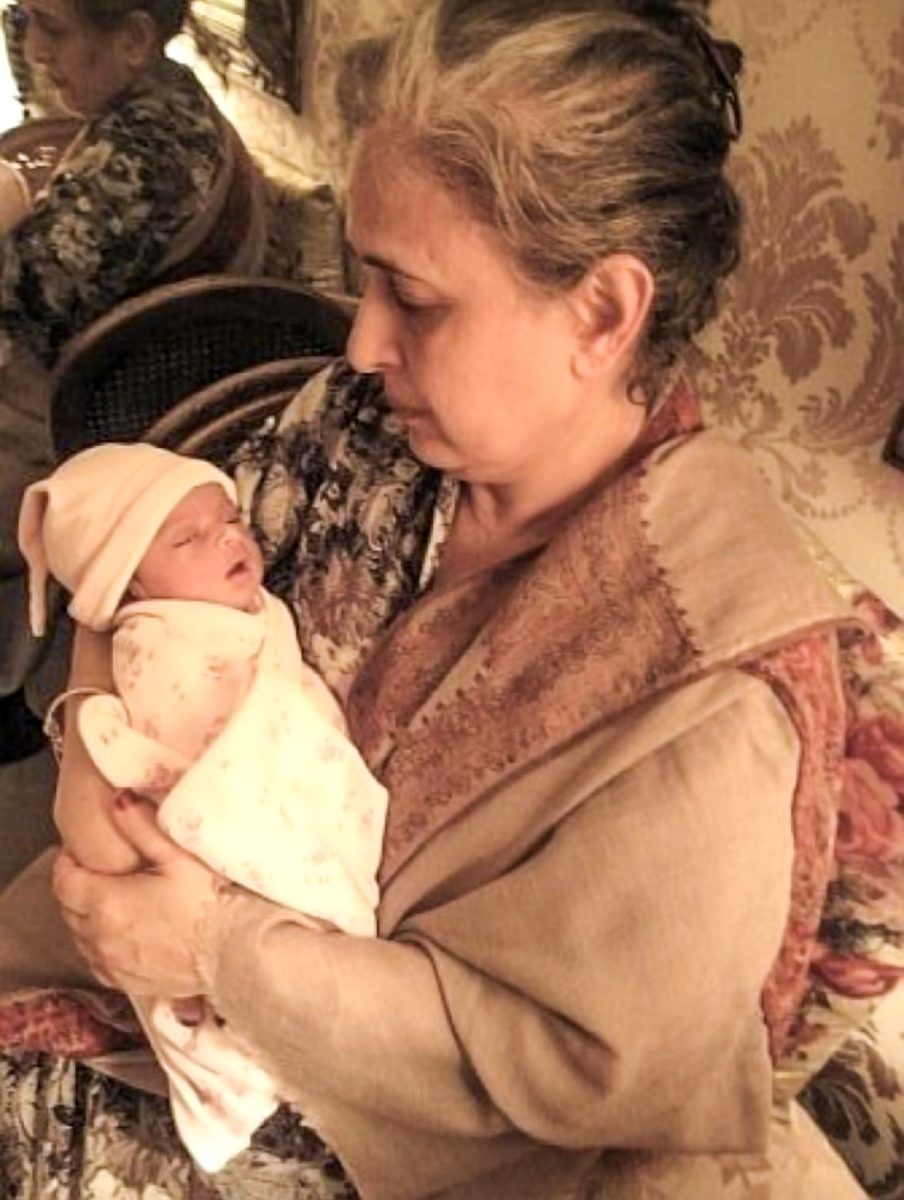
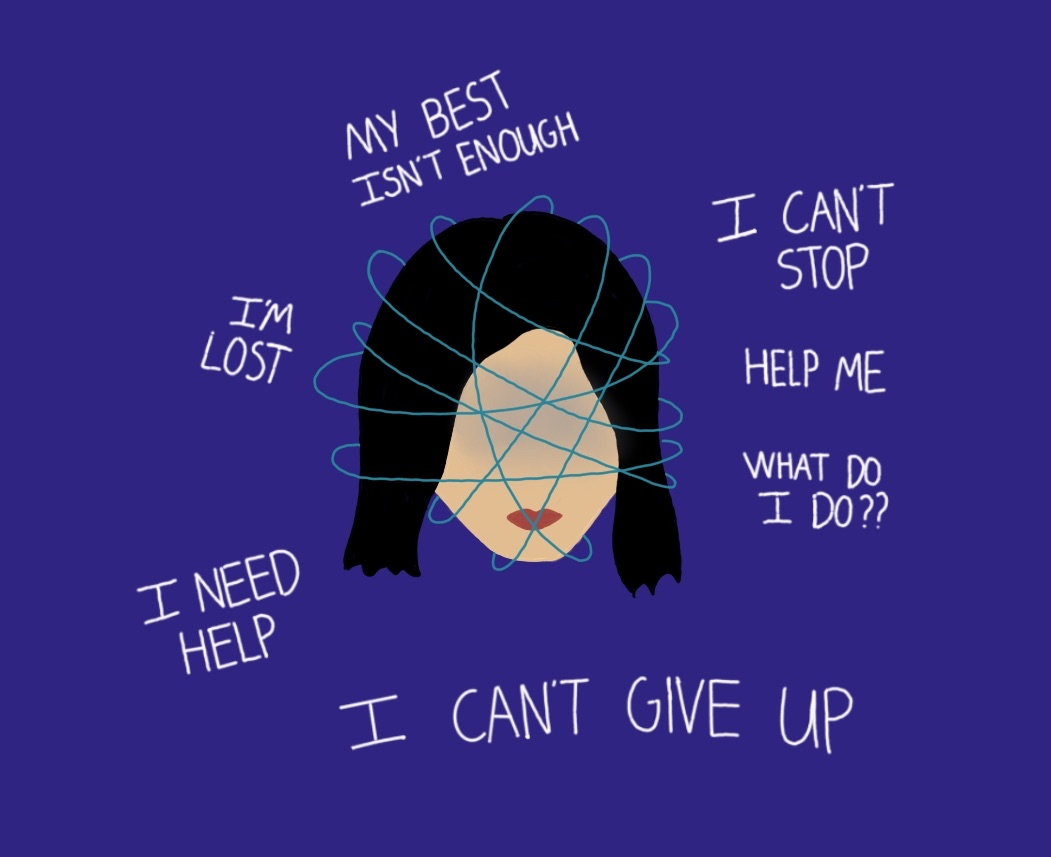



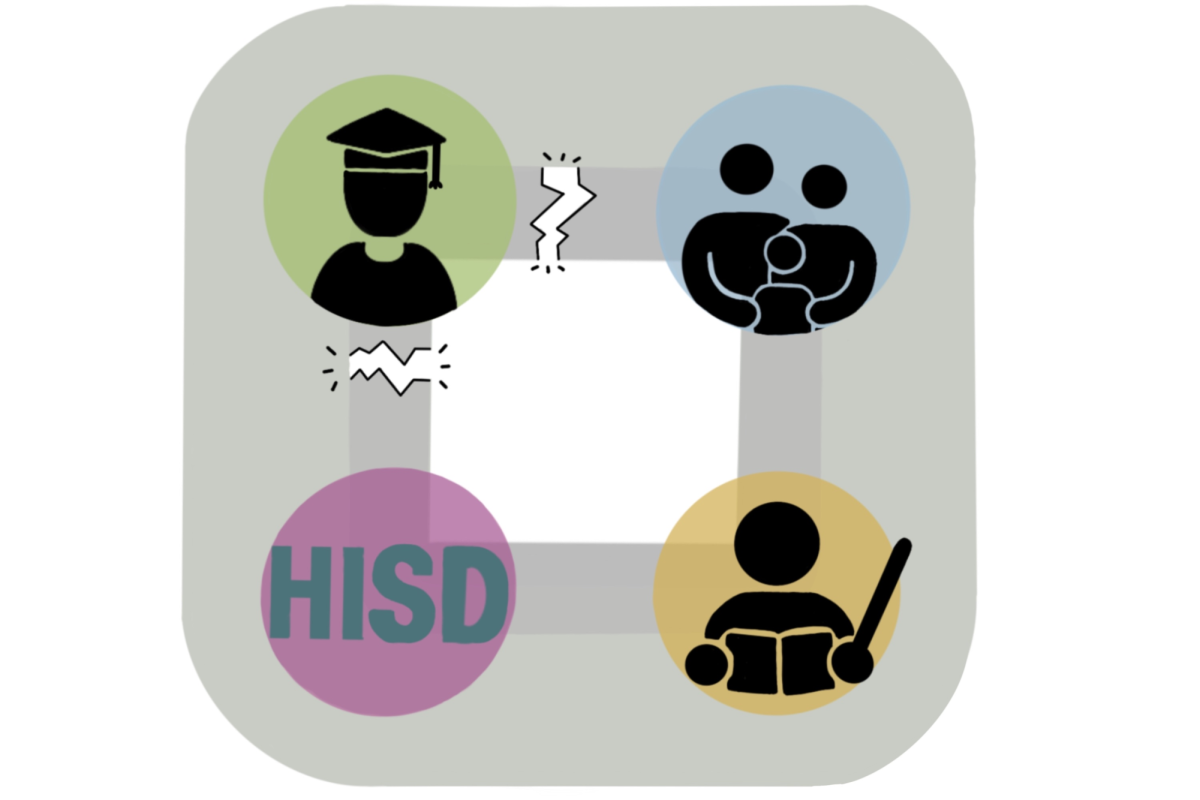
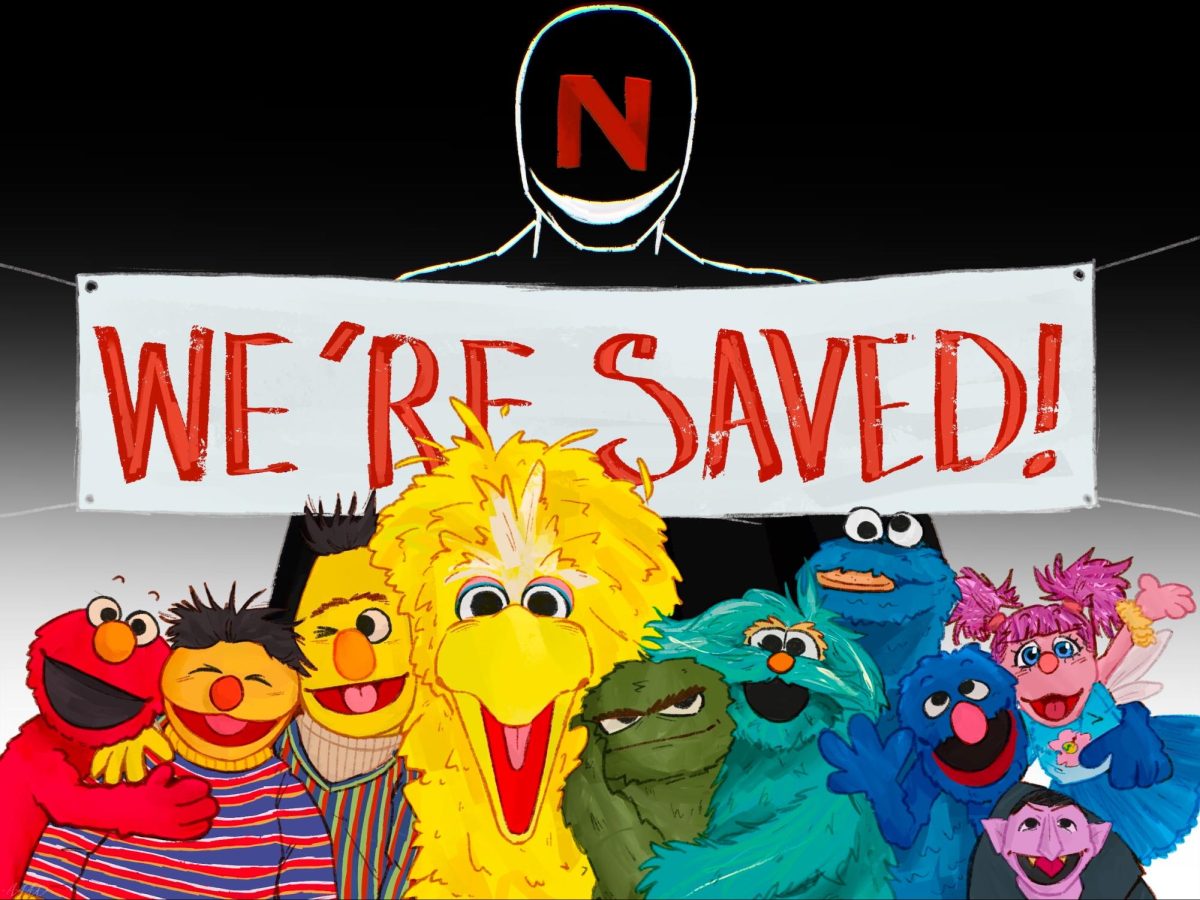
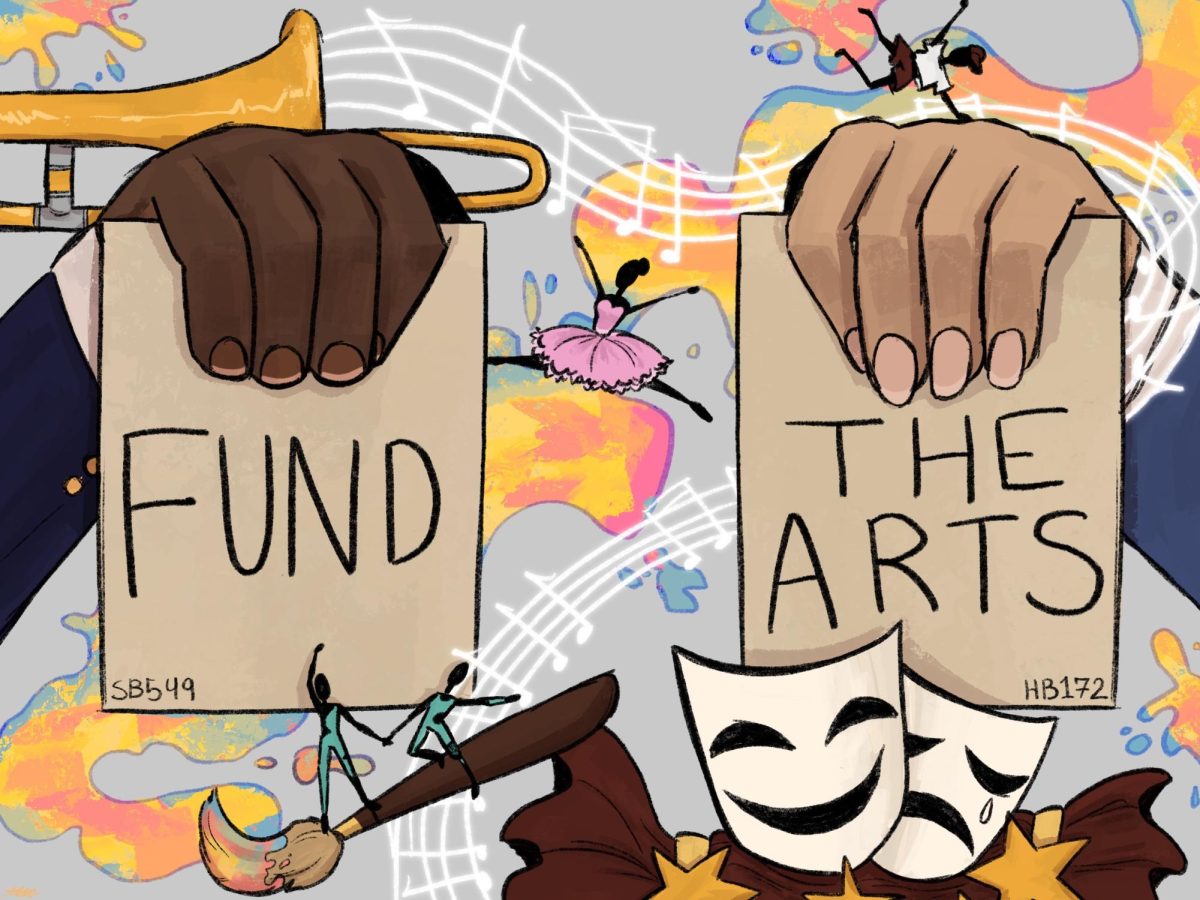
Clementine Behelfer • Nov 7, 2024 at 11:59 am
Such an important topic to talk about, great writing.
Davis • Nov 3, 2024 at 1:49 pm
Jason, this is a really unique topic to tackle and it’s something I’ve personally been thinking about a lot. On top of the existing connection between school and politics, there is an ever increasing call for religious beliefs (particularly that of Christian nationalists*) to join these two to form an unholy trinity of sort. You are very fearless in tackling this subject, great writing as always.
*note: to those confused, not all Christians are Christian nationalists, most Chrisitians aren’t.
Grace Turney • Nov 1, 2024 at 3:01 pm
Really interesting perspective. Also great writing!
Andrew Chen • Nov 1, 2024 at 1:34 pm
This is a pretty interesting story. I didn’t really consider any of the censorship before reading this.
Joy Xia • Nov 1, 2024 at 8:52 am
great message Jason!
Rosalie • Oct 31, 2024 at 10:41 pm
This story is so important and describes the polarization we see in education so well. Amazing story Jason!
Catherine • Oct 31, 2024 at 2:13 pm
The analysis is great Jason!
Luca • Oct 31, 2024 at 1:45 pm
I got very emotional reading this piece, truly powerful, Jason.
Aidan • Oct 30, 2024 at 4:34 pm
It’s sad that government overreach into the content of education can affect us to such an extent, thank you for covering this topic Jason.